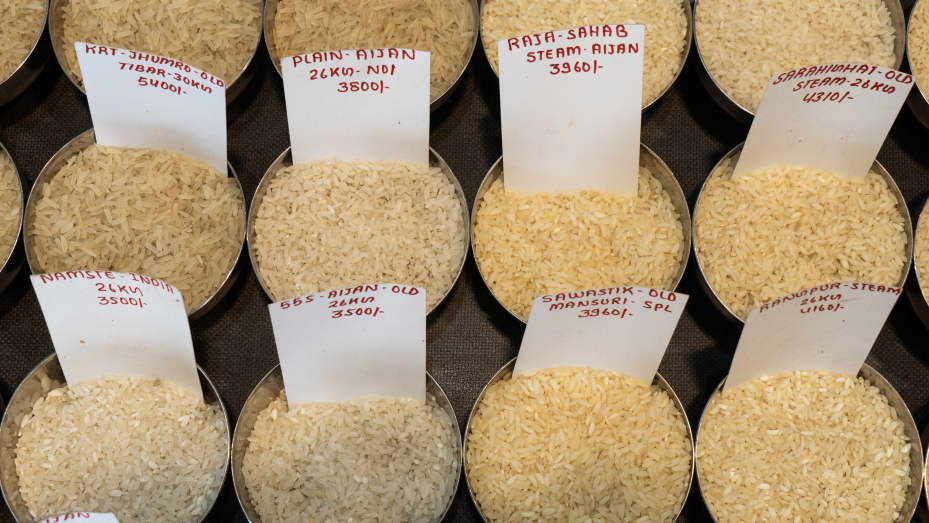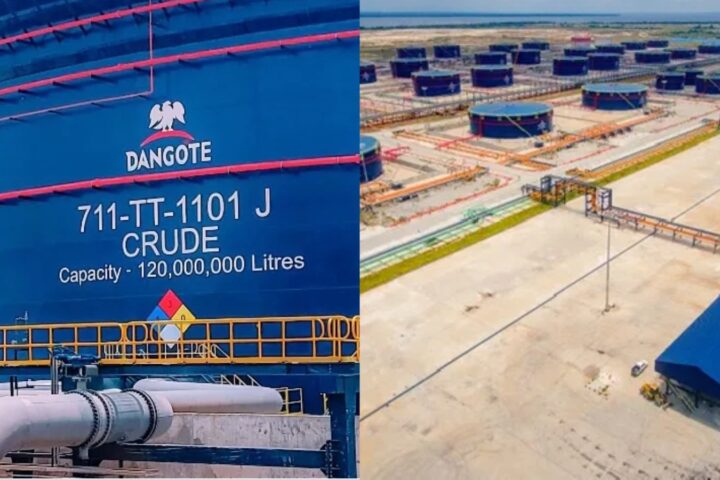In an agricultural forecast for the upcoming year, the AFEX Wet Season Crop Production Report for 2023 has projected a surge of 32% in the price of paddy rice.
This price hike is foreseen despite an expected 3.6% increase in production output, marking a shift in the rice market dynamics.
Join our WhatsApp ChannelSpeaking on the projections, a representative from AFEX highlighted the intricate link between climatic conditions and production stability. “In 2022, devastating floods ravaged over 100,000 hectares of rice farms, causing a staggering decline in production by over 300,000 metric tonnes,” stated the report.
“Conversely, the absence of such floods in 2023 provided a stable platform for cultivation. Farmers capitalized on reduced fertilizer prices, expanding their cultivation areas in response to favorable market conditions.”
Addressing the foreseen price surge, the report emphasized how the aftermath of the 2022 flooding, compounded by India’s ban on paddy rice exports, would be instrumental in driving up prices. “Despite an expected uptick in production, the market may witness an approximate 32% surge in paddy rice prices,” the report underscored.
READ ALSO: Food Inflation Declines In Nigeria Amidst High Prices; NBS Reports 0.54% Decrease In October
Beyond rice, the report shed light on other key agricultural commodities. Projections indicated a 5% increase in maize prices, paralleling a forecasted 6.9% production rise due to escalating demand.
Meanwhile, sorghum prices are poised to surge by 20%, and cocoa prices are anticipated to skyrocket by approximately 70% year-on-year.
This projection arrives amidst escalating concerns about soaring food prices in Nigeria. Recent reports from the National Bureau of Statistics (NBS) indicated a food inflation rate of 31.5%, with rice prices witnessing a staggering 60.59% increase in September alone.
Despite Nigeria’s status as the leading rice producer in Africa, the rising prices have not reflected this achievement. In response, the federal government declared an agricultural state of emergency in July, emphasizing the imperative collaboration between the ministries of agriculture and water resources to ensure year-round farming through effective irrigation.
The forthcoming year poses challenges and opportunities within Nigeria’s agricultural landscape, with rice emerging as a pivotal commodity impacting both farmers and consumers alike.
Emmanuel Ochayi is a journalist. He is a graduate of the University of Lagos, School of first choice and the nations pride. Emmanuel is keen on exploring writing angles in different areas, including Business, climate change, politics, Education, and others.

















Follow Us